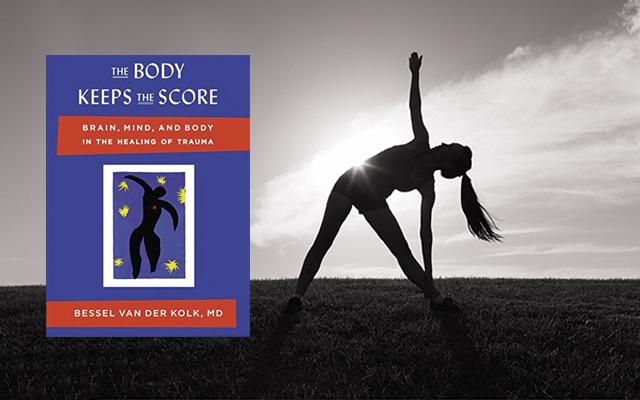My first yoga teacher, whom I studied with for almost 10 years, was a Vietnam veteran. His classes were not for everyone. He could get overly stern, he sometimes yelled, and he made disparaging remarks about the candles and clapping and noisy breathing that were found at other yoga studios. Yet he was utterly loyal to his students, as well as to the deeper philosophical underpinnings of the practice. He was never sentimental enough to say “yoga saved my life,” but when one of the founding teachers for our practice came to Minneapolis from India and he introduced her to the hundreds of people lined up on their mats, he wept openly.
His expression of overwhelmed gratitude didn’t seem strange to me, if only because I was already comfortable with the idea that yoga was saving my life — or at least giving me a life. It was the first thing to substantially reduce the hypervigilance that had long made me a killjoy at parties. As the child of vigorous alcoholics, I habitually counted other people’s drinks. (In my mind the risk of flying glass grew exponentially with each additional cocktail.) After practicing this stoic style of yoga for a while, I still counted drinks, but somewhat less anxiously. Occasionally I’d get so caught up in conversation I didn’t even notice. I started to feel at home in the world in a way I never really had.
I’m reluctant to ask questions when something appears to have magical powers, but Sunday night I finished a book that helps explain why yoga made more of an impact on my mental health than any talk therapy had managed to do. In The Body Keeps the Score, renowned trauma expert Bessel Van der Kolk, MD, explains that in his decades of work with trauma survivors — which began with Vietnam veterans in the mid-1970s — he’s found that while talk therapy can be a “profoundly meaningful” aspect of recovery, it can also trigger flashbacks and make matters worse if used in isolation. His research suggests that the body remembers what the mind forgets or represses, so the body needs to be engaged in any process of recovery.
Real Change for Trauma Survivors
“The act of telling the story doesn’t necessarily alter the automatic physical and hormonal responses of bodies that remain hypervigilant, prepared to be assaulted or violated at any time,” he writes. “For real change to take place, the body needs to learn that the danger has passed and to live in the reality of the present.”
Van der Kolk outlines how a number of body-based practices help people recover from what he calls the “imprint” of trauma. They include yoga, theater acting, and singing in groups, which help people use and feel their bodies instead of perpetually dissociating from them, as well as more targeted physical treatments like neurofeedback and EMDR (or “eye movement desensitization and reprocessing”) treatments that help integrate traumatic memories so they fade into the past instead of hijacking the central nervous system every time one encounters a trigger. (This is different from suppressing that response, which is what pharmaceuticals typically do.)
In addition to helping diffuse traumatic memories, physical practices help us recover more quickly from subsequent triggers. So when an external event sets off a survival response (something worrisome in the news, a fierce argument) and the body freezes in anticipation of an attack, something as simple as picking up a kettlebell can break that spell. Such actions prove, at a cellular level, that we are not helpless. This feeling of capability is what trauma takes away. It is also, according to Van der Kolk’s research, what the body gives back.

This Post Has 0 Comments